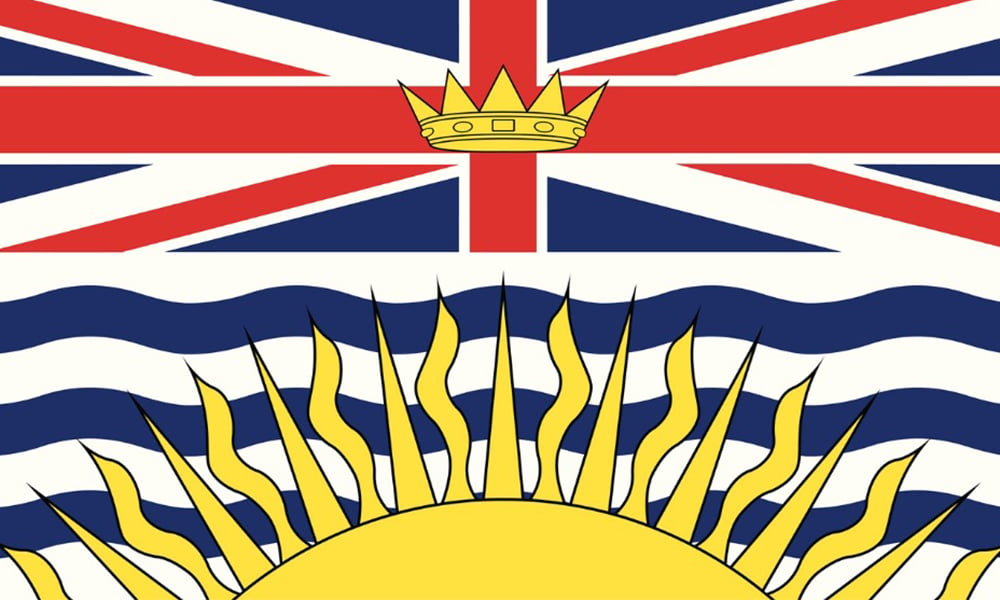Plaintiffs allege the auto-insurer made payments to the province for insured’s medical care

Two B.C. men are trying to lead a class-action lawsuit against the Insurance Corporation of British Columbia and B.C. government, alleging to auto-insurer made illegal payments to the province, inflating insurance rates and depressing accident benefits.
The plaintiffs brought a notice of claim under the Class Proceedings Act before the B.C. Supreme Court on March 3 and are represented by Vancouver personal injury lawyer Scott Stanley. The suit alleges the government has been illegally passing the cost of doctor’s visits for accident victims onto the ICBC. The plaintiffs tally ICBC-to-government payments from 1988 to 2018 at nearly $900 million.
“The provincial government – for decades – has been using ICBC to collect or visit illegal tax on the ratepayers of British Columbia by illegally charging accident victims the cost of doctor visits, when those should have been paid directly through [Medical Services Plan],” says Stanley, who practises at Murphy Battista LLP in Vancouver.
The two plaintiffs in the case are Brayden Methot and Robert Rorison. Methot was disabled in a car accident near Kamloops, B.C. in 2014, and Rorison has been insured through ICBC since 1973, the year ICBC was created. The two are pursuing the claim on behalf of all who bought insurance through ICBC – as B.C. drivers are required to do – and all accident victims who received accident benefits from ICBC, since the corporation’s inception.
Their statement of claim states Rorison’s insurance premiums have “increased substantially” since 1973, partly due to ICBC’s payments to the government’s Medical Services plan.
A spokesperson for the B.C. Ministry of the Attorney General told Canadian Lawyer, “Government has authority, through agreements and legislation, to recover health care costs from third parties, where appropriate. This practice is not unusual and not limited to ICBC. The claim will have to be carefully reviewed and we can’t comment beyond that.”
According to the plaintiffs, those payments amounted to nearly $900 million from 1988 to 2018. The plaintiffs allege the increased insurance rates amount to a tax, which – because not enacted according to ss. 53, 90 and 92(2) of the Constitution Act, 1867 – is unconstitutional.
“The effect for the Government of receiving the Remittances was to raid ICBC’s budget for its own benefit and, in so doing, increase ICBC’s operating costs,” said the statement of claim.
The plaintiffs are accusing the province of negligence, misfeasance in public office, unjust enrichment, breach of trust and knowing receipt, breach of contract and duty of good faith and wilful concealment of misconduct. They are asking for an order certifying the proceeding as a class proceeding, with Methot appointed as representative plaintiff for the accident victim class and Rorison appointed the same for the ratepayer class. They ask for a declaration the money paid to the government, through ICBC, is an unconstitutional tax and monetary awards, plus interest, for both classes.










